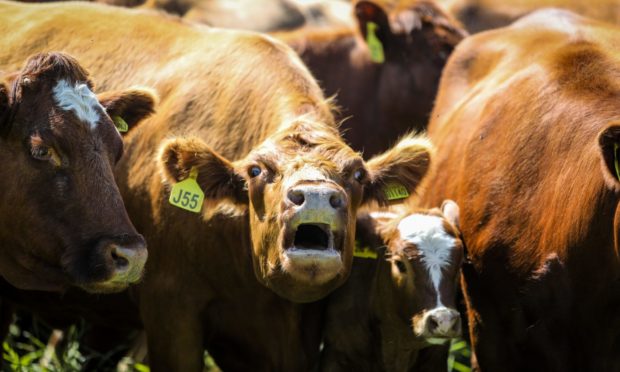There will be no backsliding on the UK’s high standards of food production and animal welfare in post-Brexit trade deals if the government follows new guidelines set out by the Trade and Agriculture Commission (TAC)
The independent board which was set up to advise the government on deals states in its report that while the UK should aim to promote the liberalisation of trade to give consumers choice, it must prioritise the domestic agri-food sector and ensure imports meet UK standards on food safety and biosecurity.
Commission chairman Tim Smith, formerly chief executive of the Food Standards Agency, said the UK needed a trade policy which “creates a fair and safe farming system for all”.
He added: “This means no race to the bottom, no backsliding or turning back the clock on standards and an ambition to play a leading role in international agricultural issues.”
Response
The report , which was welcomed by the British Veterinary Association and the UK’s farmers’ unions, will allay fears that cheap, lower-standard import would undercut British produce – so long as the recommendations are adopted by the UK Government. Trade Secretary Liz Truss is expected to respond to the report later this week.
The NFU south of the border commending the TAC for its “bold vision” for managing the tensions between doing trade deals and safeguarding the high standards of food and farming.
NFU president, Minette Batters said: “Ultimately, how those trade-offs are managed and weighed remains a decision for ministers and it is vital that the government now sets out, without delay, how it intends to accommodate these recommendations within a trade strategy that works for UK farmers and consumers alike.
“At its core such a strategy must contain a clear commitment to support our farmers in producing food to the highest standards of animal welfare and environmental protection, in leading the world in climate-friendly farming and in remaining the beating heart of our rural communities.”
NFU Scotland said that if the principles and recommendations were fully heeded they would establish a solid foundation for enduring, fair and transparent trade deals.


